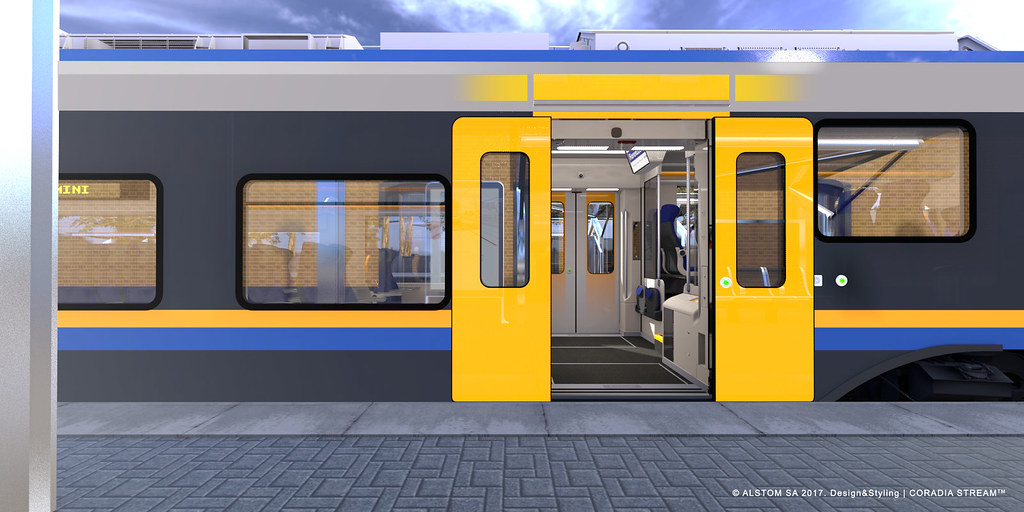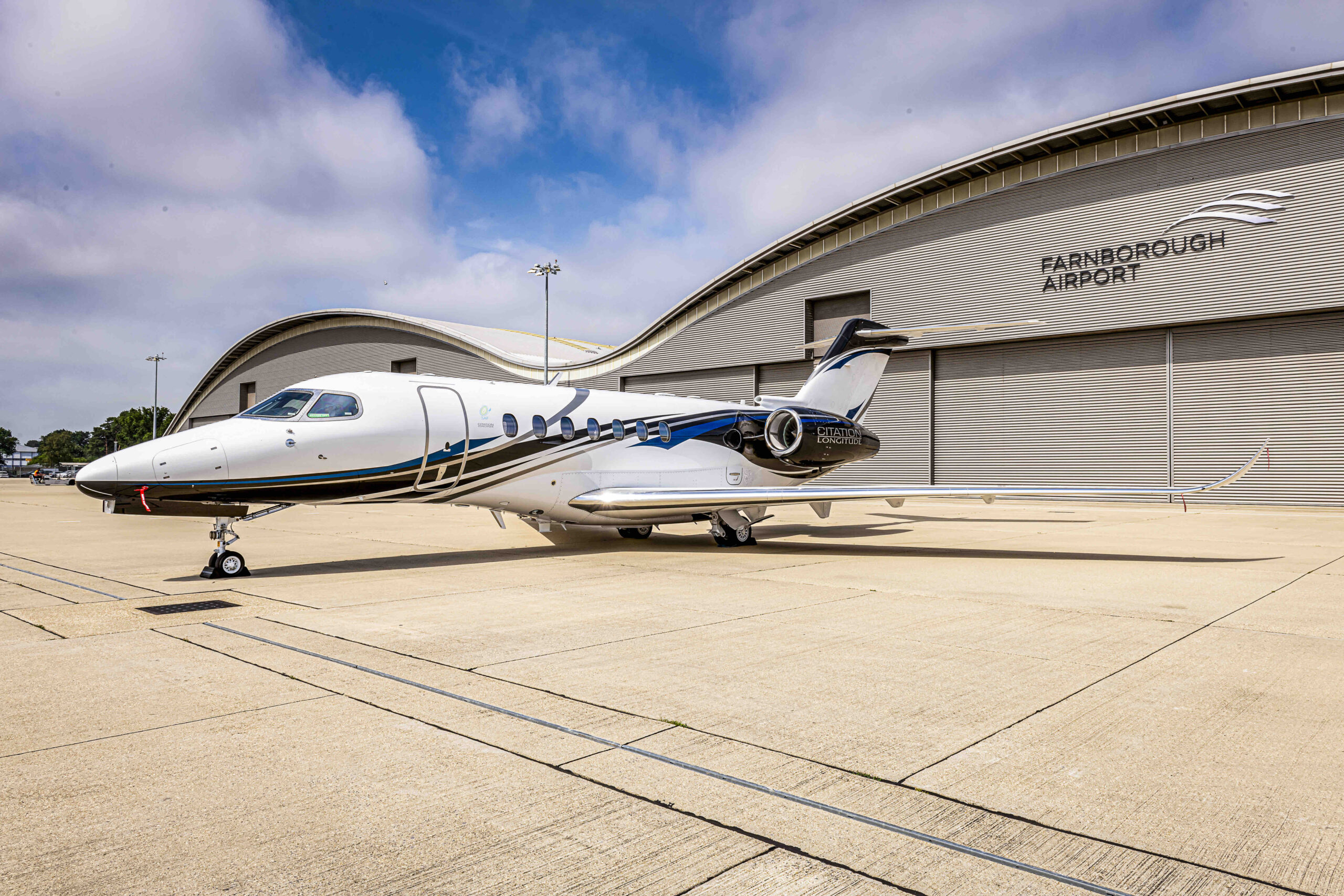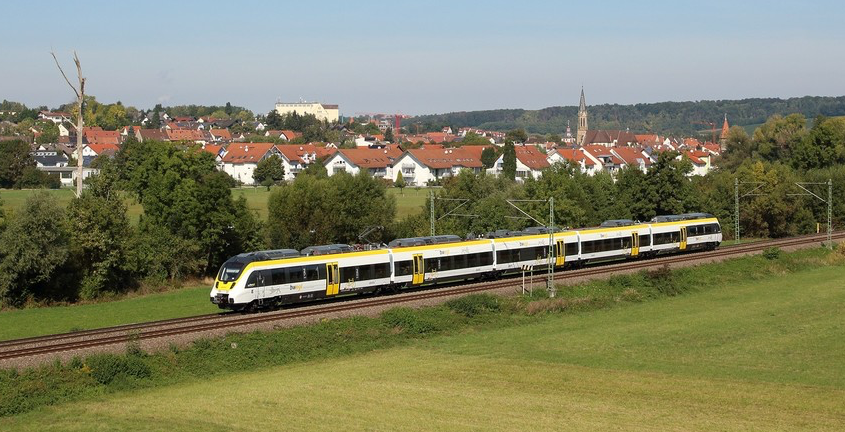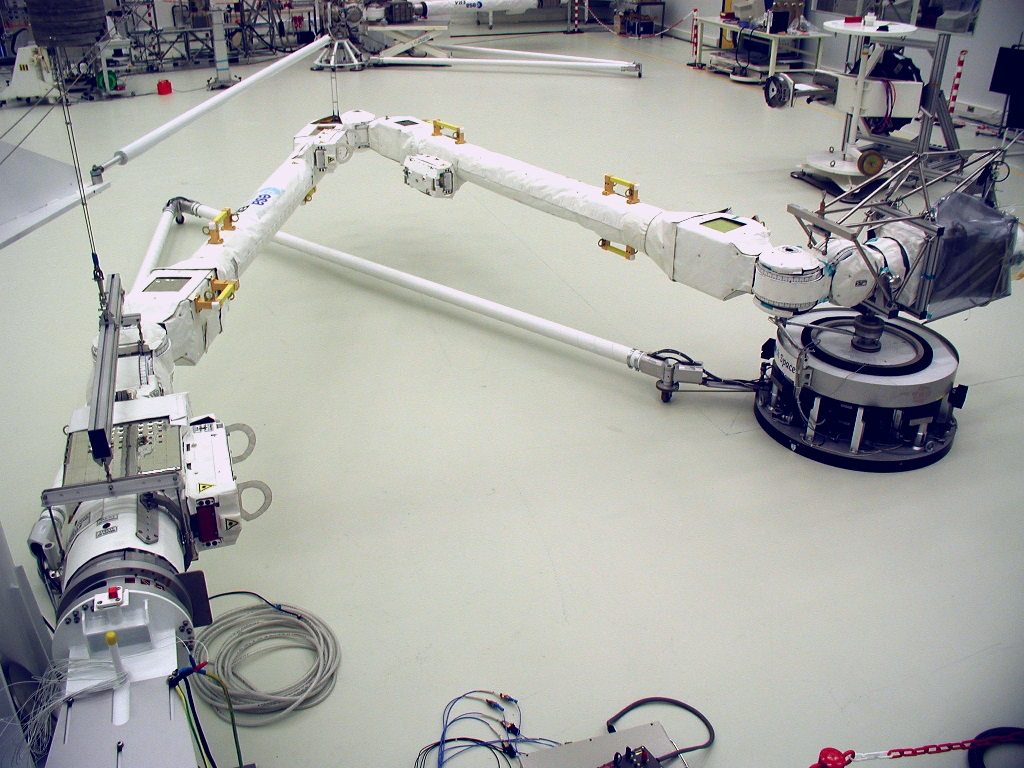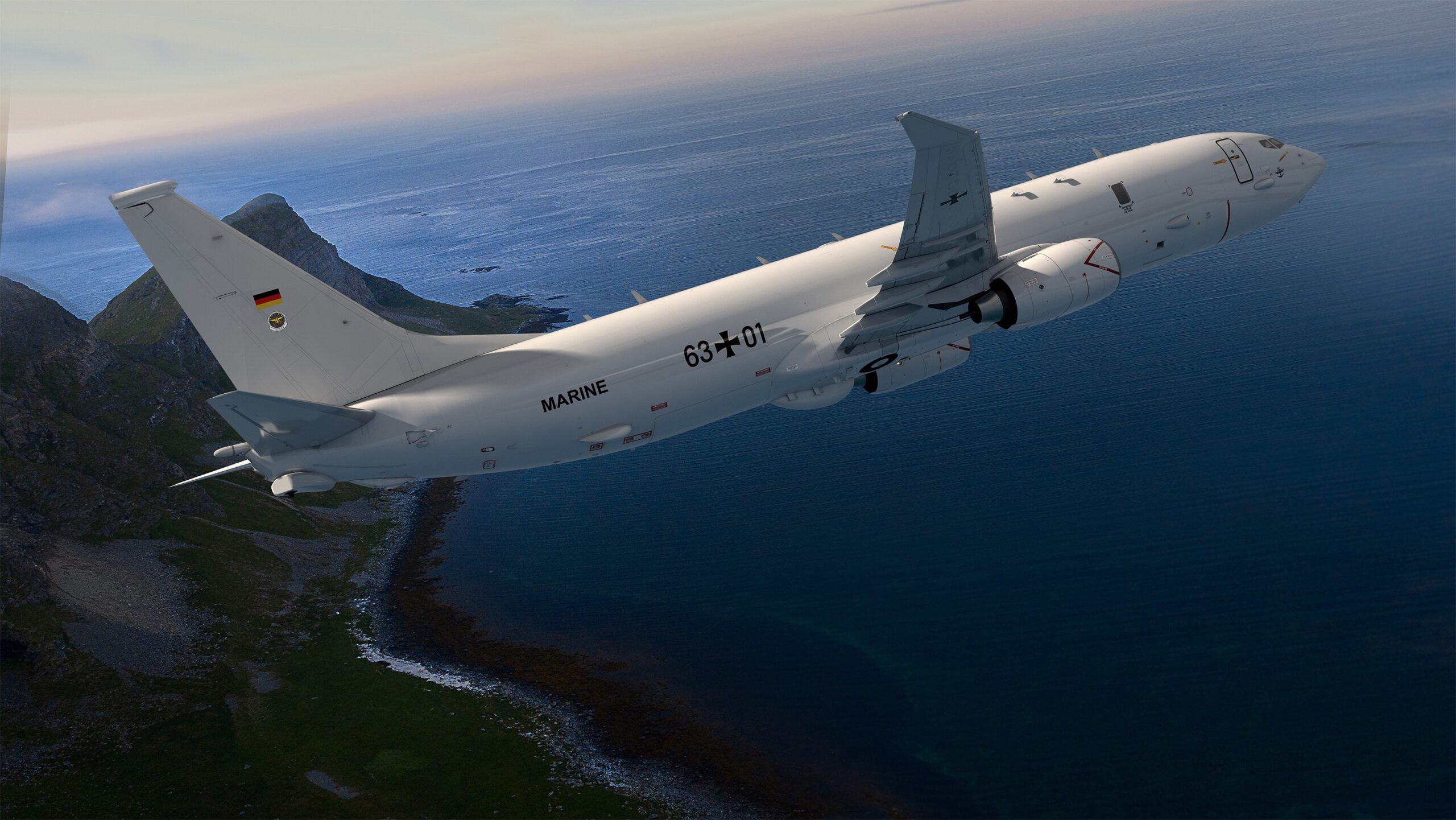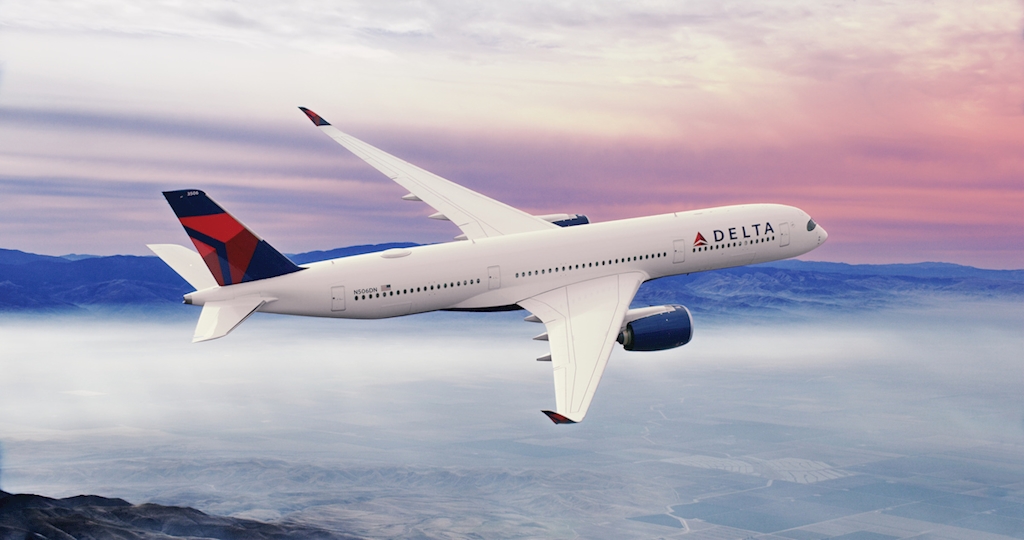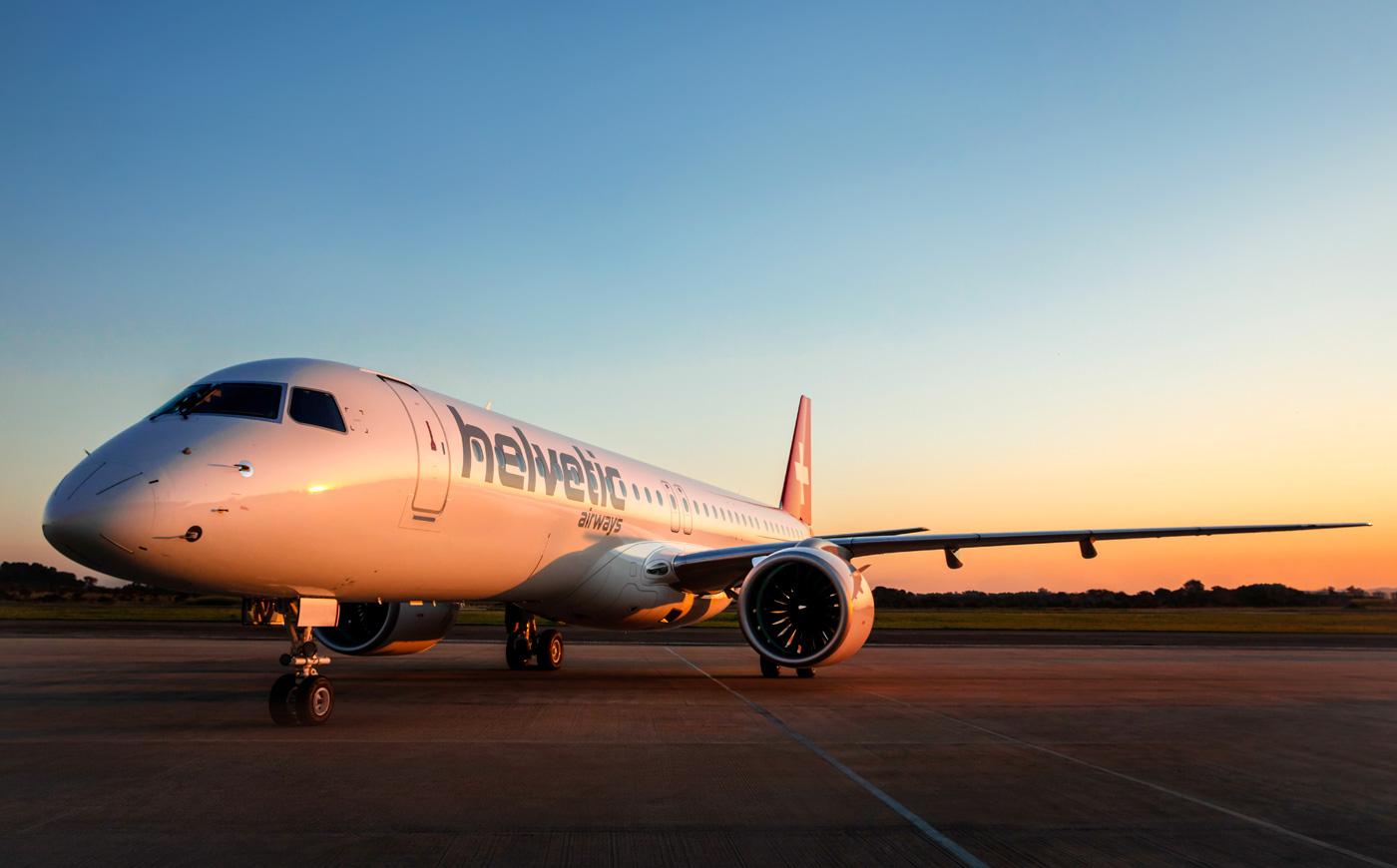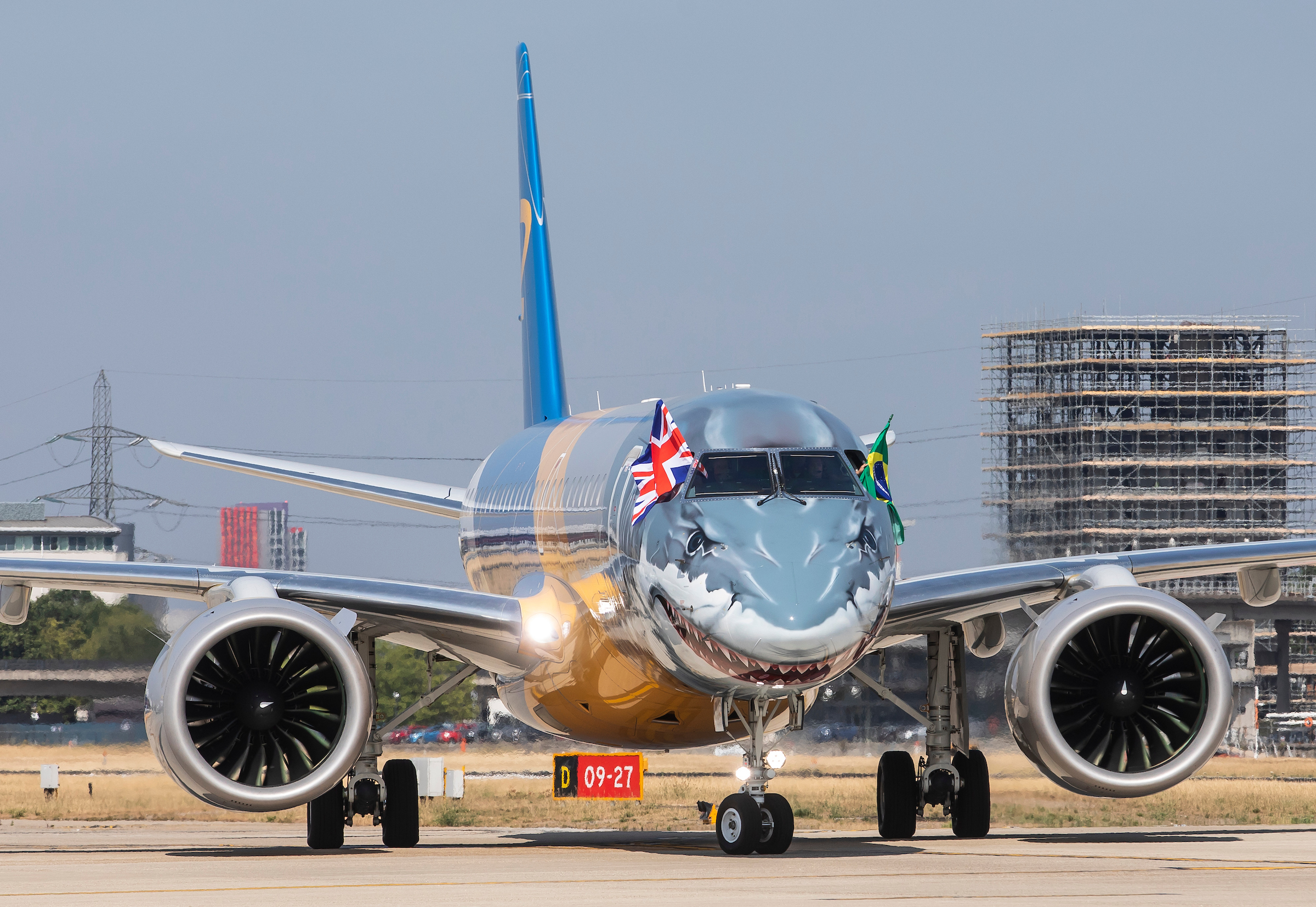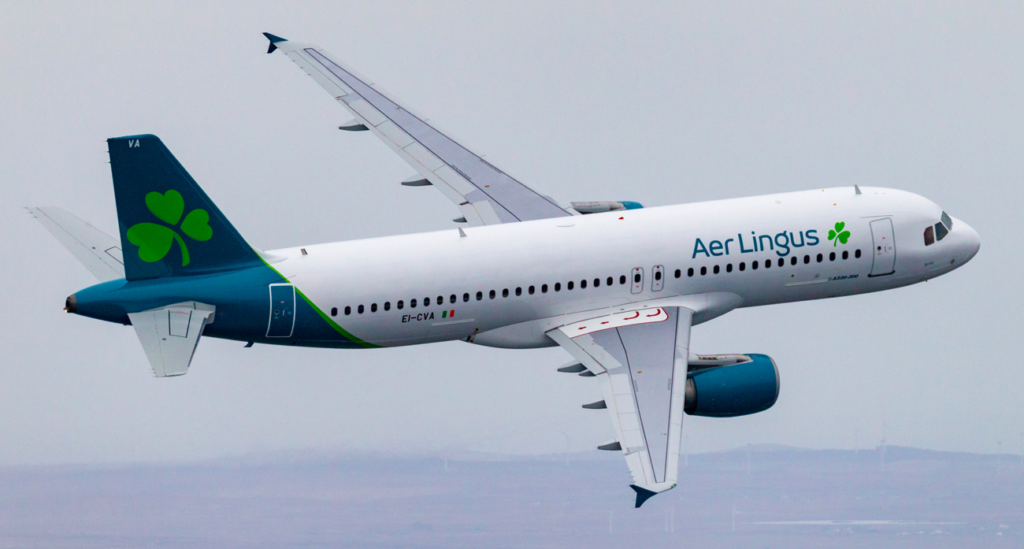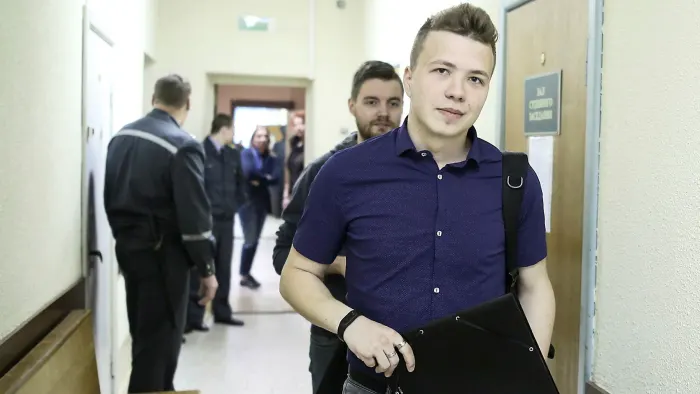BERLIN, Germany June 30, 2021 — The German Ministry of Defense today signed a letter of offer and acceptance for five Boeing (NYSE: BA) P-8A Poseidon aircraft under the U.S. government’s Foreign Military Sales (FMS) process. With this order, Germany becomes the eighth customer of the multimission maritime surveillance aircraft, joining the United States, Australia, India, the United Kingdom, Norway, Korea and New Zealand.
The P-8A Poseidon offers unique multimission capability and is the only aircraft in service and in production that meets the full range of maritime challenges faced by European nations. Deployed around the world with more than 130 aircraft in service, and over 300,000 collective flight hours, the P-8A is vital for global anti-submarine warfare, intelligence, surveillance and reconnaissance and search-and-rescue operations.
German companies that already supply parts for the P-8A include Aljo Aluminum-Bau Jonischeit GmbH and Nord-Micro GmbH. Recently, Boeing signed agreements with ESG Elektroniksystem-und Logistik-GmbH and Lufthansa Technik to collaborate in systems integration, training, support and sustainment work. By working with local suppliers, Boeing will provide support, training and maintenance solutions that will bring the highest operational availability to fulfill the German Navy’s missions.
As a leading global aerospace company, Boeing develops, manufactures and services commercial airplanes, defense products and space systems for customers in more than 150 countries. As a top U.S. exporter, the company leverages the talents of a global supplier base to advance economic opportunity, sustainability and community impact. Boeing’s diverse team is committed to innovating for the future and living the company’s core values of safety, quality and integrity.
